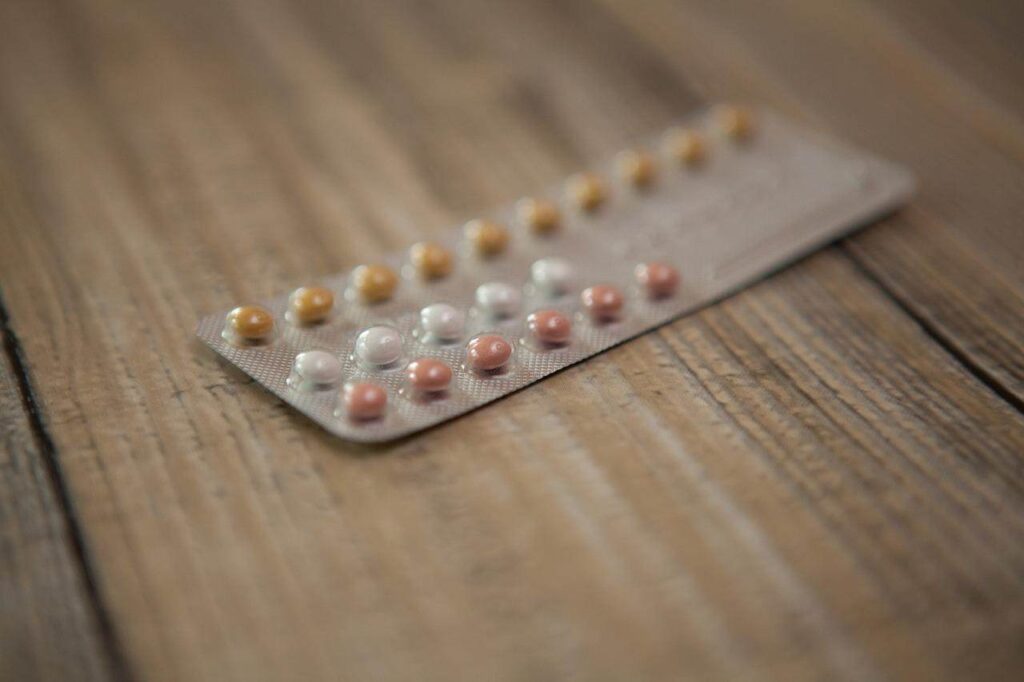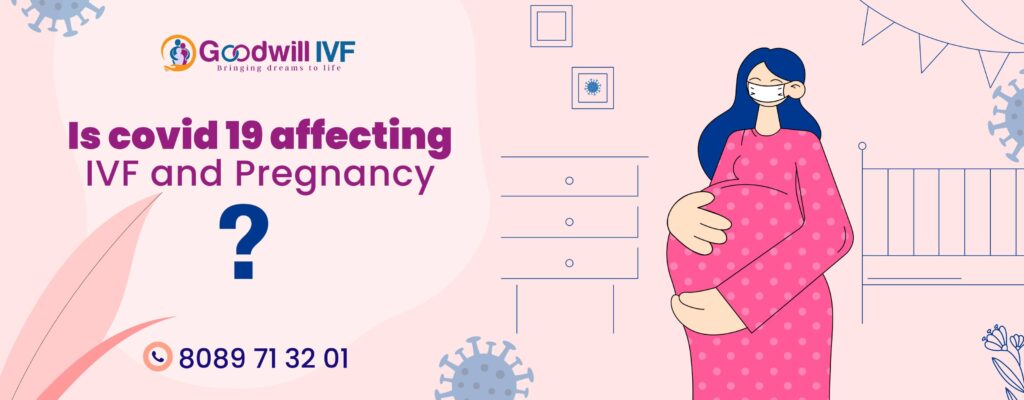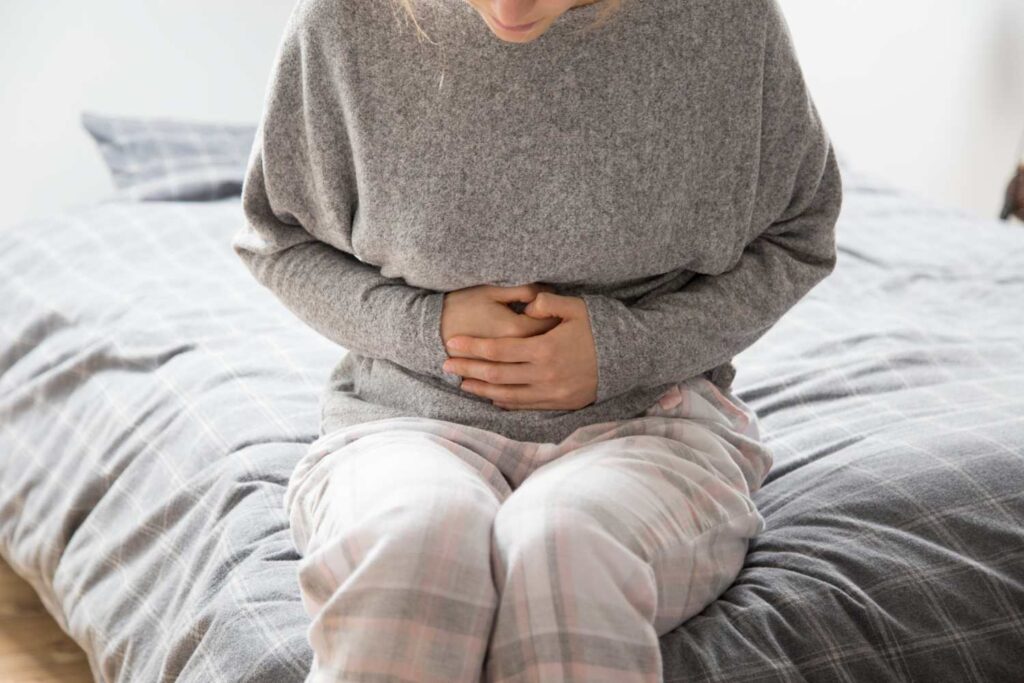When you consider changing your birth control method, it is natural to have doubts about how long the birth control will take to get out of your system. It depends on the type of birth control you are currently using and certain other factors. Knowing the time frame helps you make informed decisions about your reproductive health.
How does hormonal birth control work
Hormonal birth control uses synthetic hormones to trigger a response in your body that prevents pregnancy. The responses they trigger vary lightly.
The birth control pill, ring, patch, implant, and injection, all work by suppressing ovulation, thickening cervical mucus, and preventing the uterine lining from thickening.
Since the progestin-only pill or mini-pill that contains norethindrone (a progestin), does not contain a high dose of progestins, it does not suppress ovulation for all users. Instead, it thickens the cervical mucus and prevents the uterine lining from thickening. The mini-pill that contains another progestin, drospirenone, works by suppressing ovulation.
The primary role of a hormonal IUD is to thicken the cervical mucus, but it also prevents the uterine lining from thickening. It may suppress ovulation in a smaller percentage of people.
How long does hormonal birth control stay in your system
The hormonal IUD (Intrauterine devices):
In the case of IUDs, it takes almost no time at all. The hormones cease to remain in your system immediately upon the removal of the IUD. The menstrual cycles and ovulation tend to normalize thereafter within two months.
The pill and the mini-pill:
The hormones from the pill or mini-pill take 48 hours to leave your system after the last pill was taken. You can expect your menstrual cycles and ovulation to return to your “normal” within three months after stopping the pill. In some women, it can take up to six months. It is also possible that the ovulation may restart immediately and you may get pregnant without having a period after stopping the pill.
The implant:
In the case of an implant, the hormones stay for 7-14 days after removing it. The “normal” cycles resume within three months of removing the implant.
The ring:
There is no protection against pregnancy 48 hours after the ring has been removed. The menstrual cycles and ovulation will normalize within three months after removing the ring.
The patch:
You are no longer protected against pregnancy after the patch has been removed for 48 hours. The menstrual cycles and ovulation can be expected to normalize within three months of removing the patch.
Injection:
A single shot of Depo-Provera works continuously by sending hormones into your body. It protects you against pregnancy for three months or longer. It can take up to 9 to 12 months for all hormones to get out of the body after the last shot. It’s only when Depo-Provera stops sending hormones, that your body gains control and starts ovulating again.
Other factors
In addition to the types of birth control, the way each individual’s body reacts to quitting also matters. One of the factors is age. Your metabolism slows with age and so as you get older, it can take your body longer to process the hormones, meaning the effects can last longer. Certain medications like antibiotics can interfere with the metabolism of hormonal contraceptives when taken at the same time. So the exact time frame for how long it takes birth control to leave your system will vary a bit from person to person.
Does hormonal birth control have to be cleared from your system before you get pregnant?
Though in many cases, the medication will leave your body within 48 hours, your body will not be quite ready for pregnancy at that time.
Hormonal contraception works by altering your menstrual cycle and it takes around 90 days for your typical cycles to return. However, this is not due to the lingering hormones. For an ovarian follicle to go from actively developing stage to ready for ovulation stage, it takes about 90 days. This time is enough for your body to ovulate an egg that hasn’t been affected by synthetic hormones. You should remember that 90 days is the average adjustment period, and everyone may not have that same experience.
If your cycle does not resume 90 days after ending birth control, this could indicate an underlying problem that birth control was managing, like polycystic ovarian syndrome or thyroid conditions. You need to seek medical advice if this happens. The only type of birth control that causes a delay of 18 months is the Depo-Provera shot.
There is no need to do or take anything to cleanse your body of the synthetic hormones as they will leave on their own.
Goodwill IVF Center, the best infertility hospital, is also the top-notch IUI Center in Kerala offering effective IUI treatment, thereby helping you realize your dreams of parenthood. The team of expert and eminent doctors guide you throughout your journey and extend immense support and care.


